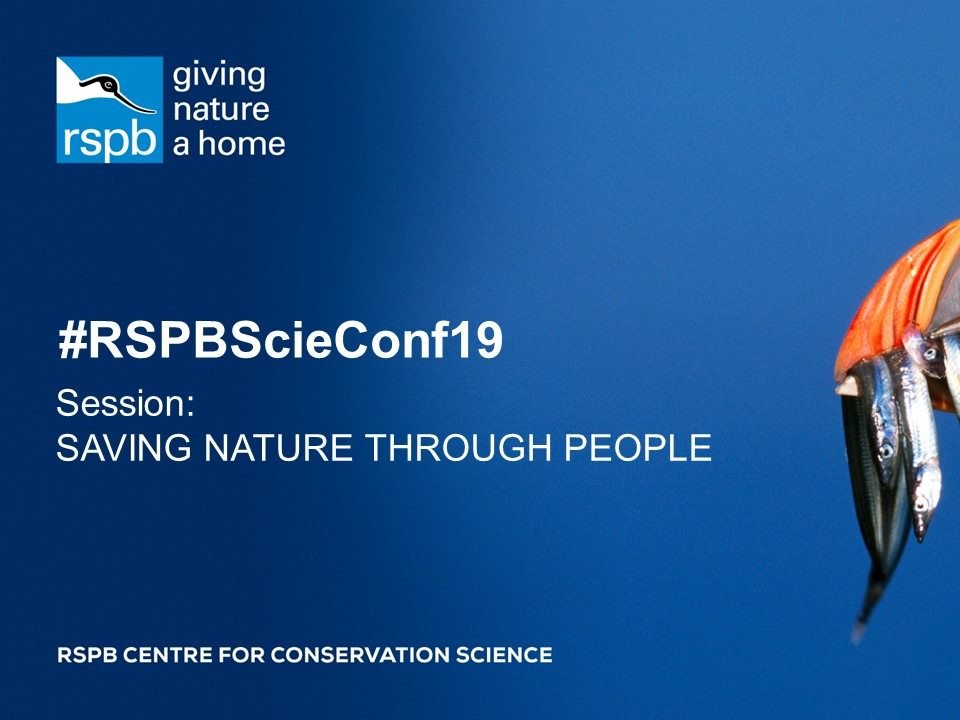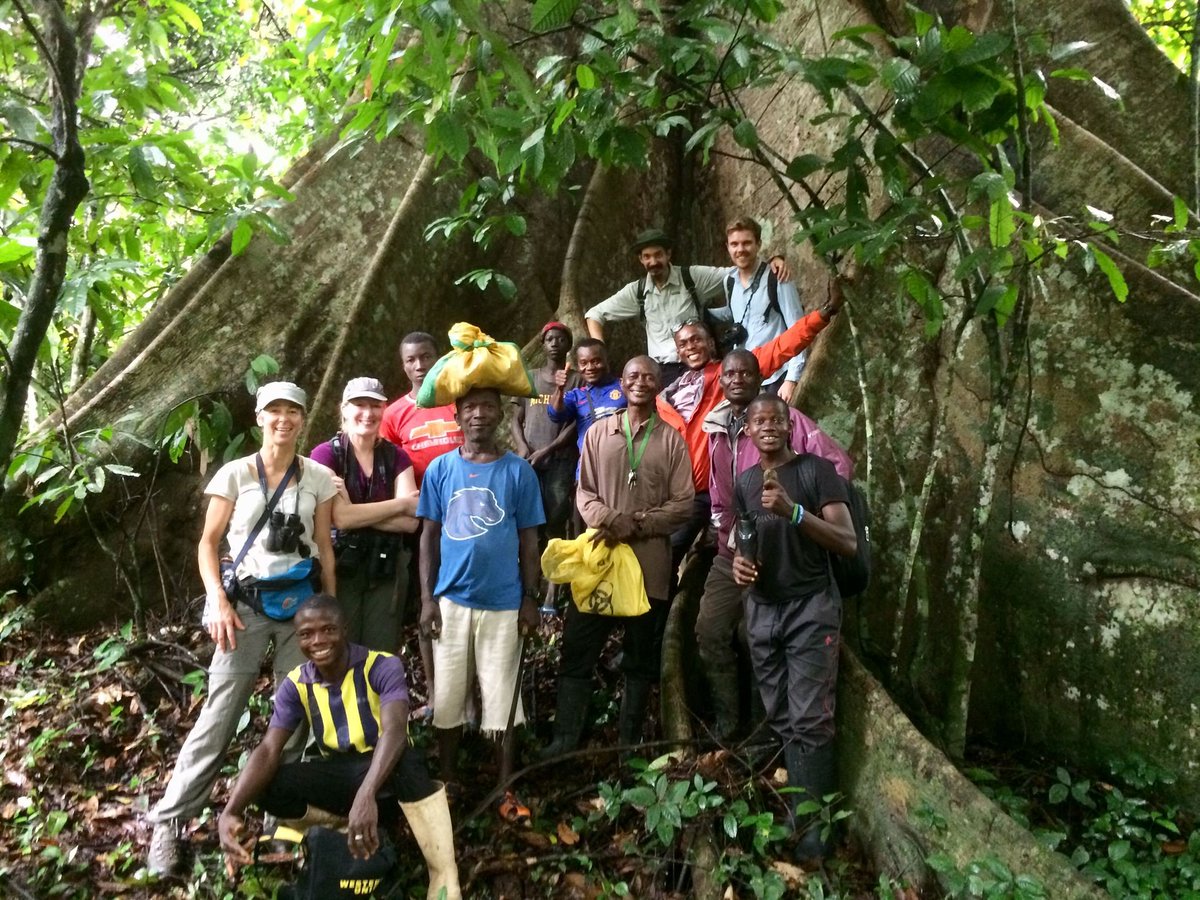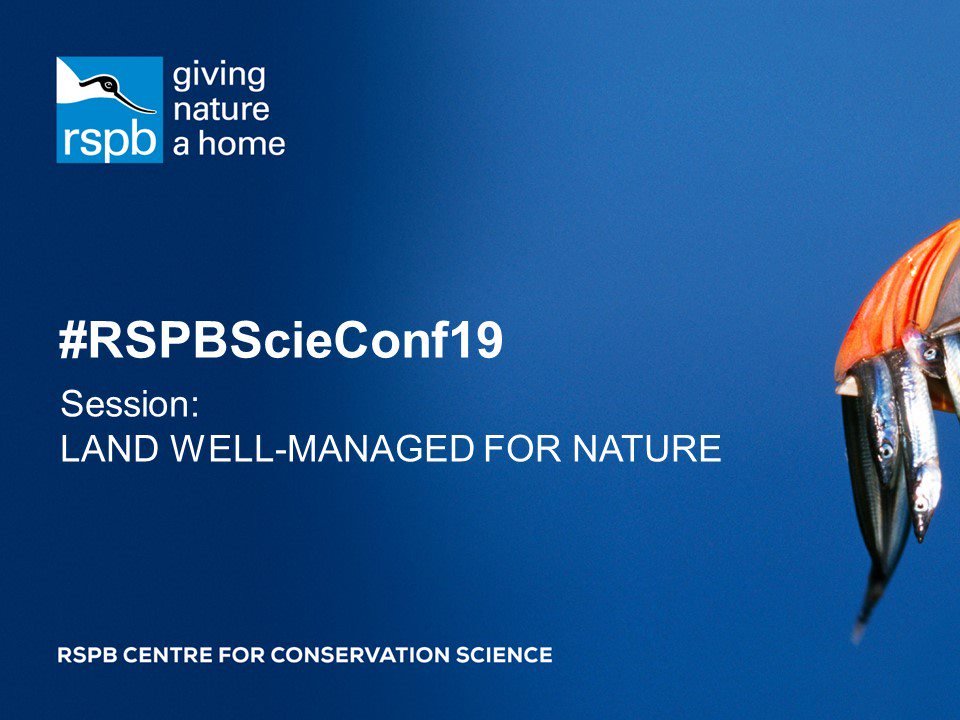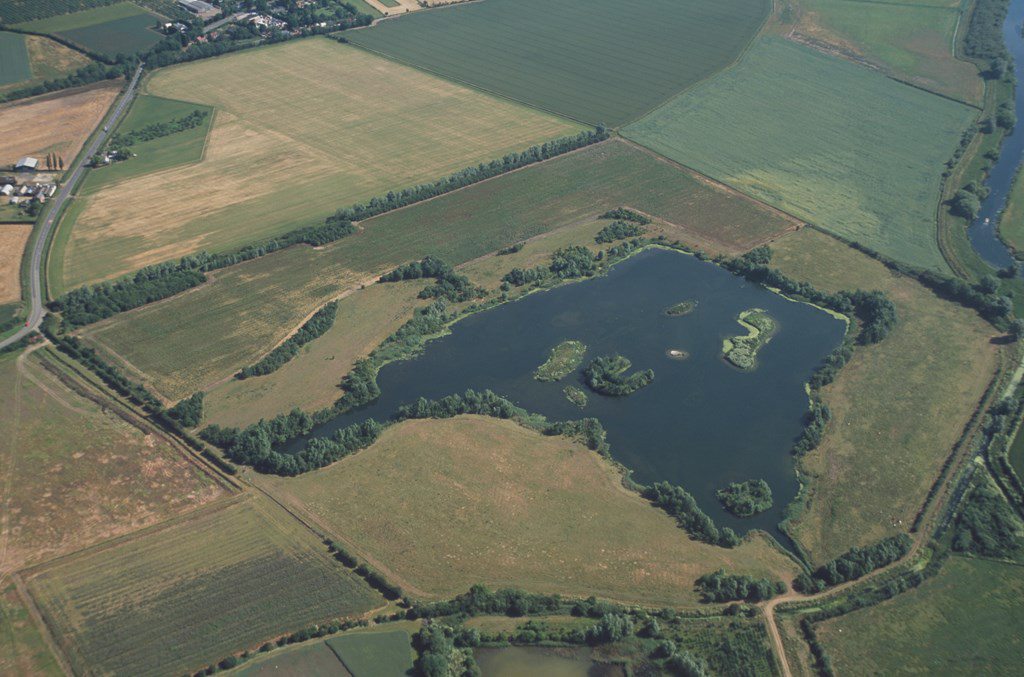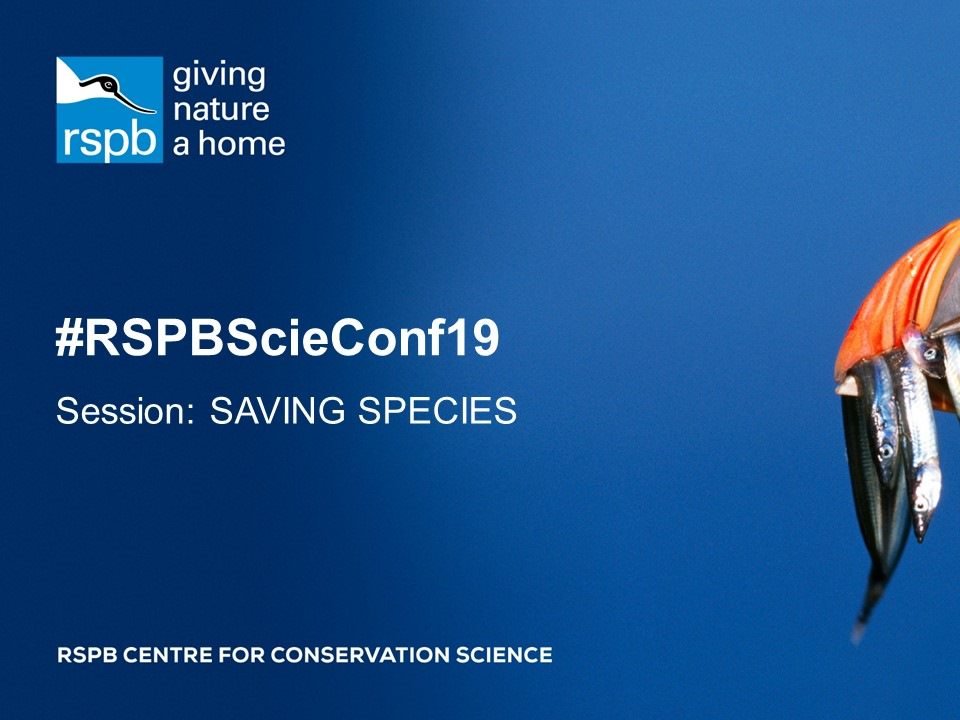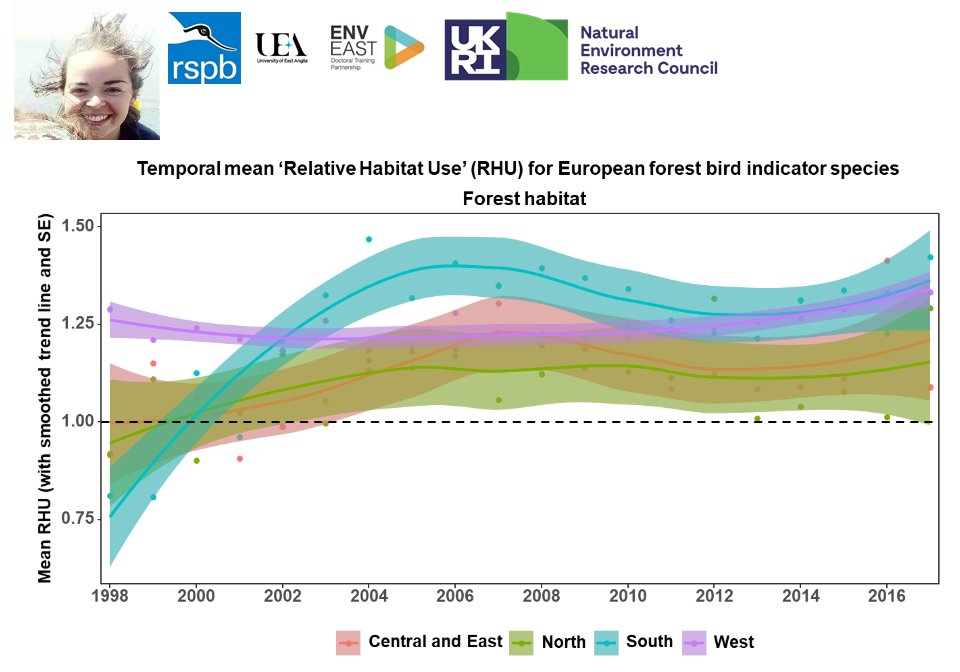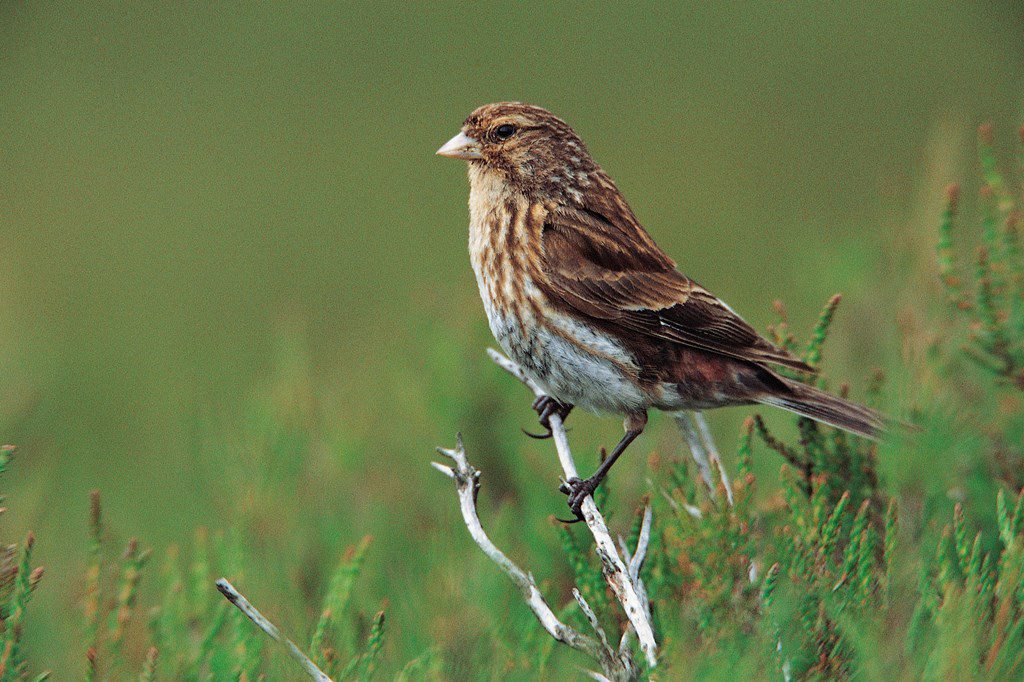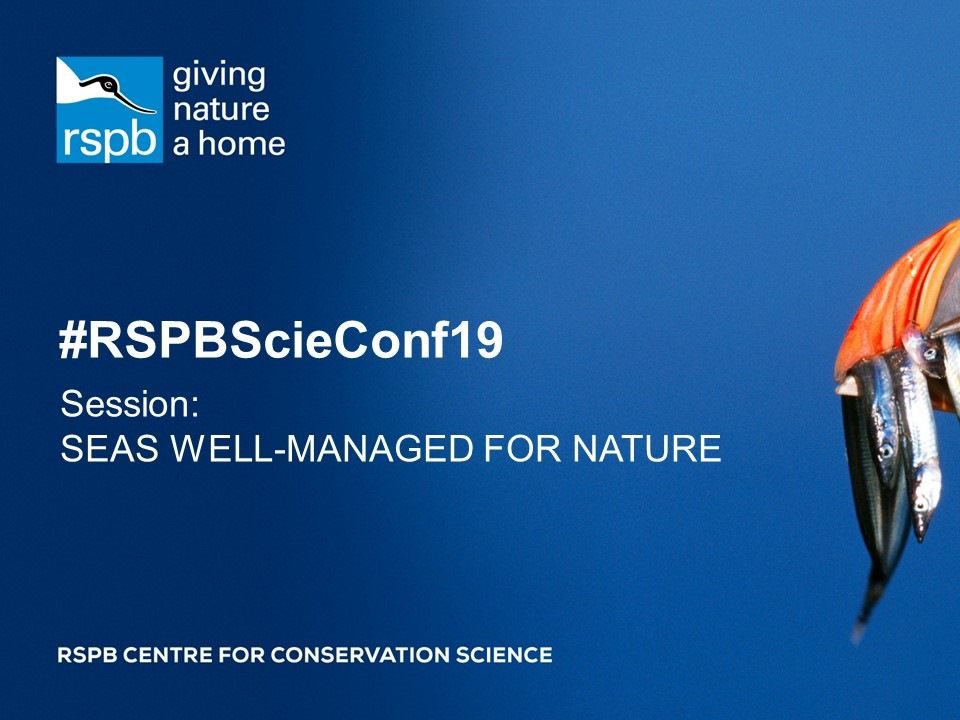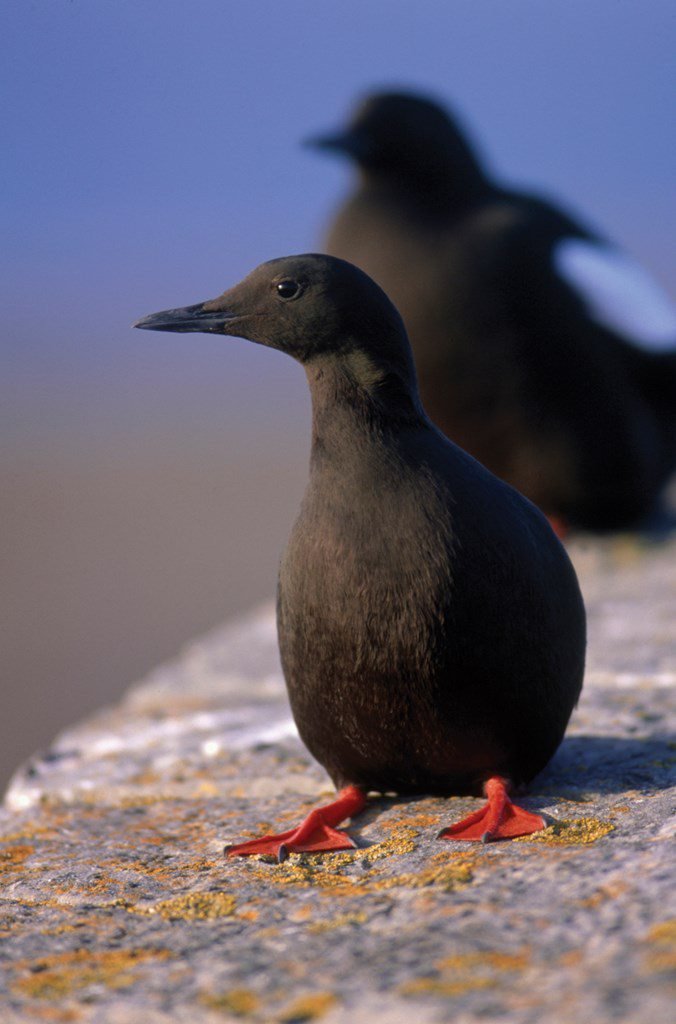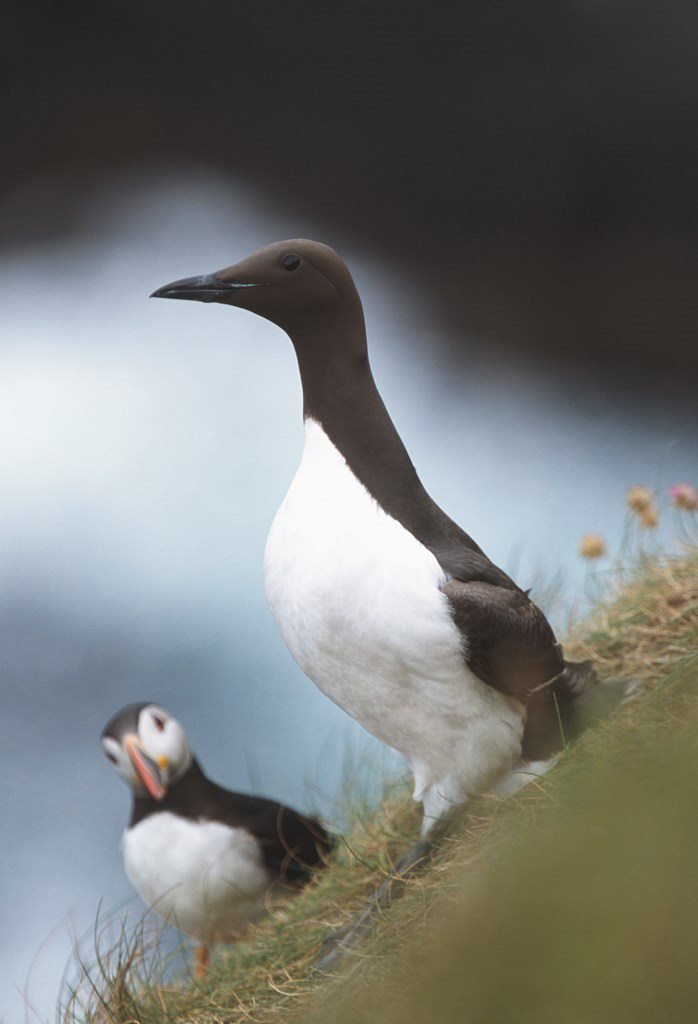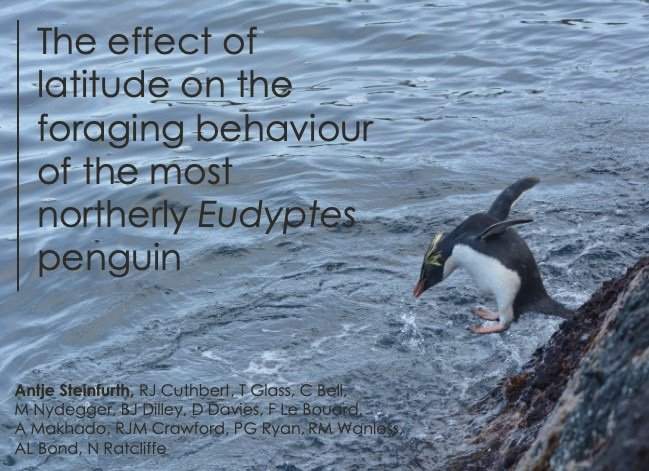
New paper warns of catastrophic loss of EU's birds. Net loss of 600 million birds between 1980 to 2017
That's one out of every six birds
#ornithology 1/12
That's one out of every six birds
#ornithology 1/12

In fact, 900 million birds have been lost during that period, but this is set against an increase of around 340 million in some species
The eight species showing the largest declines make-up around two thirds of this total decline & the same is true for increasing species
2/12
The eight species showing the largest declines make-up around two thirds of this total decline & the same is true for increasing species
2/12

The house sparrow has been worst hit, losing 50% of its population - 247 million birds.
Changes in agricultural policy and management have driven declines, however urban populations are also declining which may be linked to food shortage, avian malaria or air pollution
3/12
Changes in agricultural policy and management have driven declines, however urban populations are also declining which may be linked to food shortage, avian malaria or air pollution
3/12
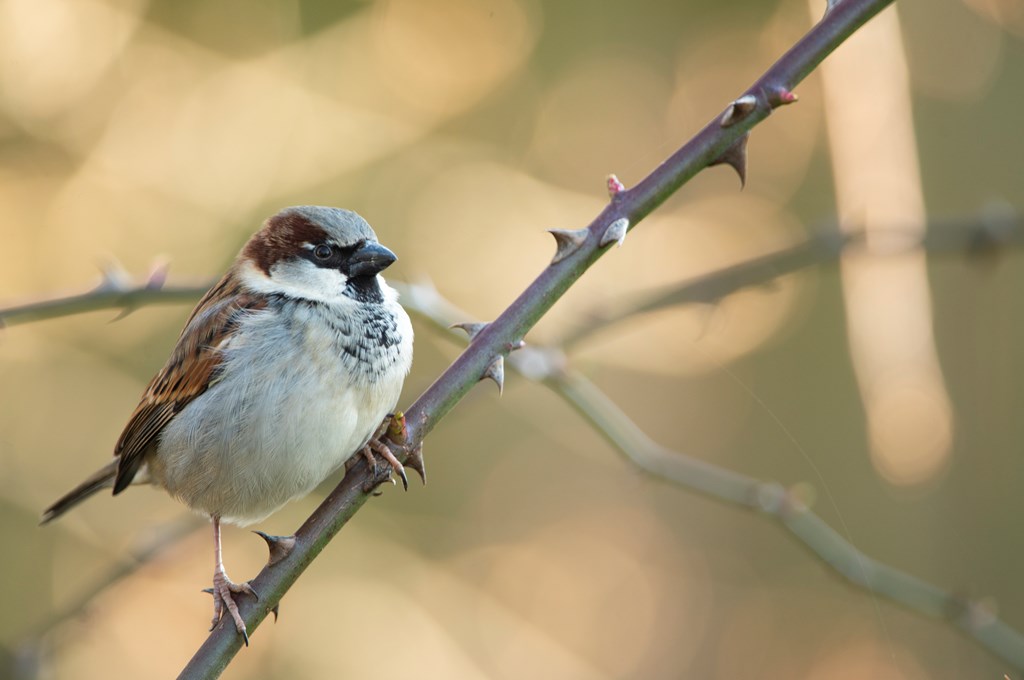
The largest drop in population is seen in the house sparrow with 247 million fewer individuals, followed by yellow wagtail with 97, starling with 75, and skylark with 68 million fewer individuals
4/12
4/12

When comparing populations by habitat, highest losses seen amongst farmland and grassland birds.
Long-distance migrants such as willow warbler & yellow wagtail have also declined proportionally more than other groups, as have shorebirds such as lapwing and dotterel
5/12
Long-distance migrants such as willow warbler & yellow wagtail have also declined proportionally more than other groups, as have shorebirds such as lapwing and dotterel
5/12

However rate of loss has slowed in the last decade. In the EU, the Birds & the Habitats Directive provide legal protection to priority species & habitats.
Without the introduction of these directives, there is little doubt that declines would have been much worse
6/12
Without the introduction of these directives, there is little doubt that declines would have been much worse
6/12

Crucially, there are several opportunities to put in place stronger legislation and international agreements to halt species extinction and restore species abundance
All eyes are on the CBD’s post-2020 Global Framework at @UNBiodiversity conference COP 15 next year
7/12
All eyes are on the CBD’s post-2020 Global Framework at @UNBiodiversity conference COP 15 next year
7/12
Also the Westminster Environment Act sets a legal target to halt wildlife decline in England by 2030.
This world-leading innovation is testament to huge public & parliamentary demand to improve the state of nature & act urgently
8/12
This world-leading innovation is testament to huge public & parliamentary demand to improve the state of nature & act urgently
8/12
The study was compiled using data from the @_EBCC Pan European Common Bird Monitoring Scheme #PECBMS & mandatory reporting by EU Members States to the European Commission under the EU Birds Directive
9/12
9/12

For the full #OpenAccess paper by @F_E_Burns et al in @Ecol_Evol 👉bit.ly/3qFfHR4
Read the blog here👉bit.ly/3chvWeS
10/12
Read the blog here👉bit.ly/3chvWeS
10/12
Watch the @Channel4News exclusive with @alextomo
Article in the @guardianeco by @patrick_barkham bit.ly/3ceukCL
11/12
Article in the @guardianeco by @patrick_barkham bit.ly/3ceukCL
11/12
Thank you to all the authors involved - @Mark_A_Eaton, Ian Burfield, @AlenaKlvanova, Eva Šilarová, Anna Staneva & @RichDGregory3 from @birdlifecz, @BirdLife_News & @UCLCBER
And the thousands of volunteers who take part in national bird monitoring schemes across the EU
12/12
And the thousands of volunteers who take part in national bird monitoring schemes across the EU
12/12
• • •
Missing some Tweet in this thread? You can try to
force a refresh


